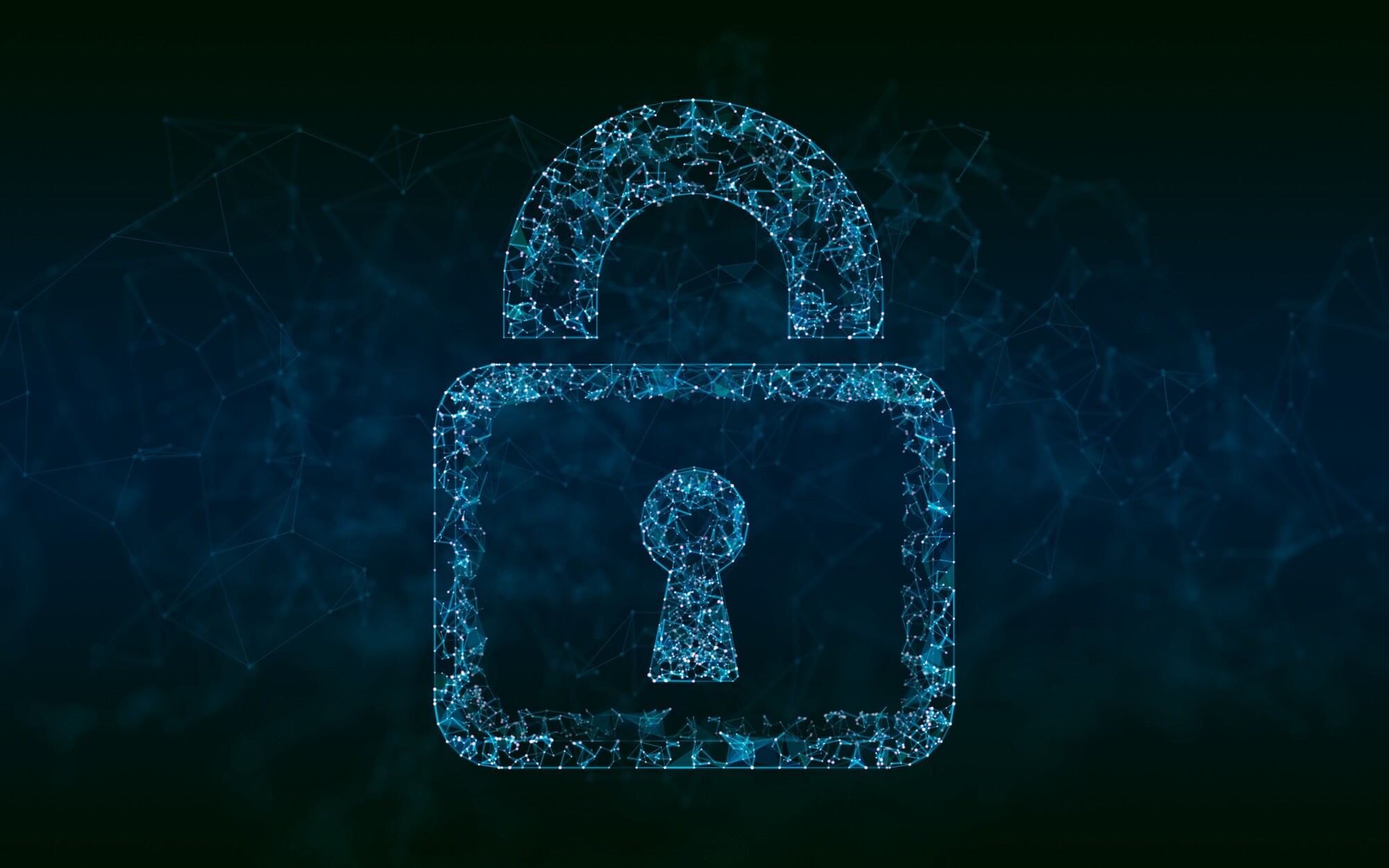With COVID-19 continuing to spread worldwide, cybersecurity has taken on a new proportion. The unfortunate reality is that hackers are motivated to break into systems. Companies and individuals alike should take steps to ensure the safety of their data.
Here are some simple things you can do today to improve cybersecurity and protect yourself from digital threats.
Contents
1. Use Strong and Unique Passwords
Make strong passwords that are hard to guess for all your online accounts, and don’t use the same password on more than one site. Use a password organizer to create and store unique passwords in a safe way.
2. Enable Two-Factor Authentication
Boost cybersecurity by enabling two-factor authentication is more secure than having an account and password. With two-factor authentication (2FA) turned on, you need to provide an extra piece of information, usually a unique verification code, to get into your account. Even if an attacker gets your login information, this makes it much harder for them to get in without your permission.
There are many ways that passwords can be stolen, such as through phishing scams, keyloggers, or data breaches. With 2FA, even if your password is compromised, an attacker would still need the second factor to gain entry. Even if passwords are stolen, this makes it less likely that someone will get in without permission.
3. Keep Software Updated
Improve cybersecurity by keeping your software updated. Updates to software often come with patches and fixes that fix known security holes. Hackers are always looking for holes in software to take advantage of.
By keeping your software up-to-date, you make sure it has the latest security changes. Attackers are less likely to be able to take advantage of this. Updates can fix problems with operating systems, web browsers, security programs, and other software.
4. Be Wary of Phishing Attempts
When opening emails, clicking on links, or downloading files from sources you don’t know or trust, be careful. Phishing emails can get you to give out private information or download malware. Before you do anything, make sure emails and links are real.
You can also use the EDR solution, which can help reduce the damage done by phishing attempts. It does this by keeping an eye on and analyzing endpoint activities. Learn more about EDR solution and how it mitigates phishing impacts.
5. Regularly Back up Your Data
Make copies of your important files and data. When you back up your data, you make sure you have copies of your important files and information in a different place.
This safety is important in case your hardware breaks, you delete something by accident or ransomware attacks. It can also protect you from natural disasters and other unplanned events that could cause you to lose your info.
Regular backups act as a safety net, letting you get your data back and get back to business as usual without too much trouble or loss.
Keep These Tips and Improve Cybersecurity Now
It is essential to take steps to improve cybersecurity to protect ourselves and our data online. Updating software, monitoring activity on devices, avoiding suspicious emails and links, and using two-factor authentication are all simple ways of bolstering security. Protect yourself – take action now!
Is this article helpful? Keep reading our blog for more.



